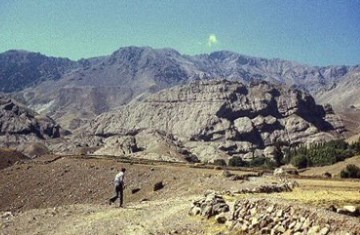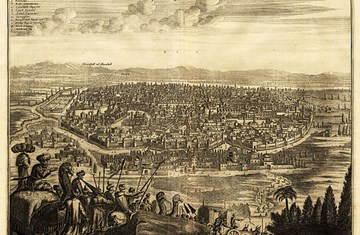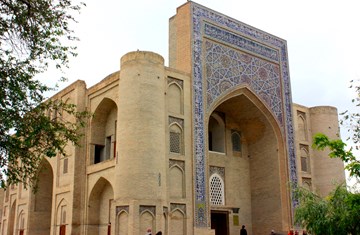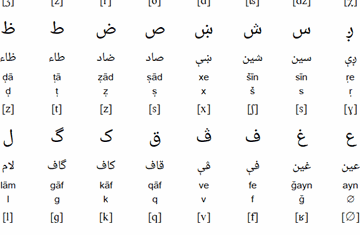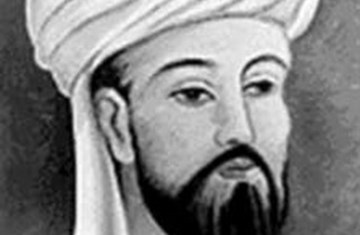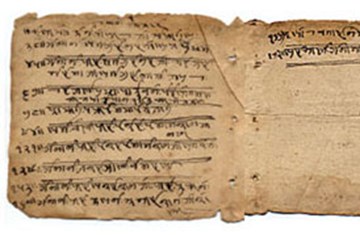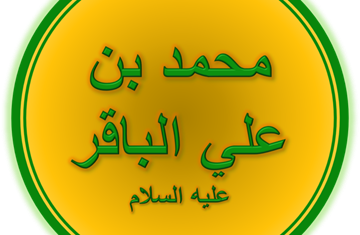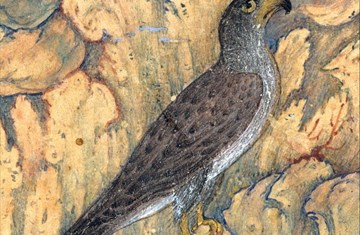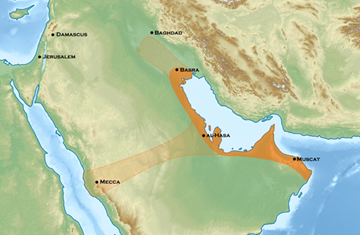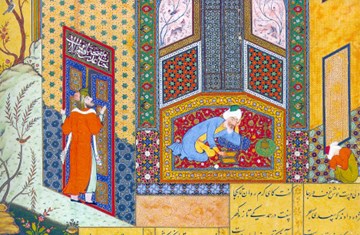Al-Azhar
Located in Cairo, Al-Azhar is one of the earliest Jami‘(mosque/ university) complexes in the Muslim world. It was founded by the Fatimid Ismaili dynasty; the dynasty’s Caliph, Imam Mu‘izz li-Din Allah, established Cairo as his capital in 969-973 CE.
The complex is so named in memory of the title al-Zahra (‘the luminous’), which is associated with Fatima, the daughter of the Prophet and the wife of the first Shia Imam, ‘Ali, from whom the Fatimids claimed direct descent. Although it served initially as a congregational mosque for Friday prayers, it soon developed into a seat of learning. It has continued to exercise this role throughout Muslim history, attaining recognition first as the foremost center for Shi‘i Isma‘ili learning and then, after the twelfth century CE, as a major Sunni educational institution.
Author

Professor Azim Nanji
Azim Nanji is currently Special Advisor to the Provost of the Aga Khan University, and a member of the Board of Directors of the Global Centre for Pluralism in Ottawa, a joint partnership between His Highness the Aga Khan and the Government of Canada. He has held many prestigious academic and administrative appointments, most recently as Senior Associate Director of the Abbasi Program in Islamic Studies at Stanford University, where he was also lecturer in the Department of Religious Studies. From 1998 to 2008, Professor Nanji served as Director of the Institute of Ismaili Studies in London.
Professor Nanji has published numerous books and articles on religion, Islam and Ismailism, including: The Nizari Ismaili Tradition (1976), The Muslim Almanac (1996), Mapping Islamic Studies (1997) and The Historical Atlas of Islam (with M. Ruthven) (2004) and The Dictionary of Islam (with Razia Nanji), Penguin 2008. In addition, he has contributed numerous shorter studies and articles in journals and collective volumes including The Encyclopaedia of Islam, Encyclopaedia Iranica, Oxford Encyclopaedia of the Modern Islamic World, and A Companion to Ethics. He was the Associate Editor for the revised Second Edition of The Encyclopaedia of Religion.
Within the Aga Khan Development Network, he has served as a member of the task force for the Institute for the Study of Muslim Civilisations (AKU-ISMC) and Vice Chair of the Madrasa-based Early Childhood Education Programme in East Africa. He served as a member of the Steering Committee of the Aga Khan Award for Architecture in 1998, 2001 and 2016.

